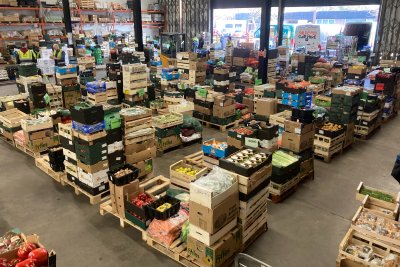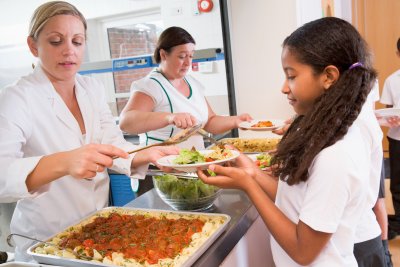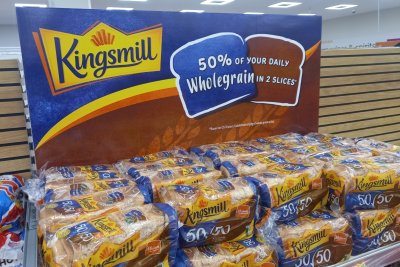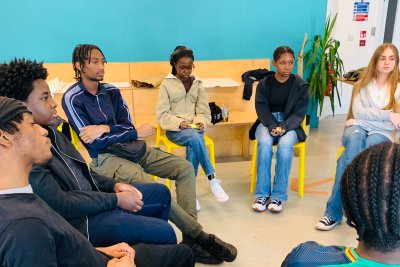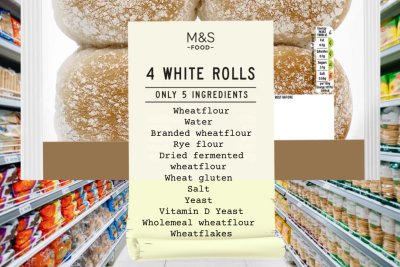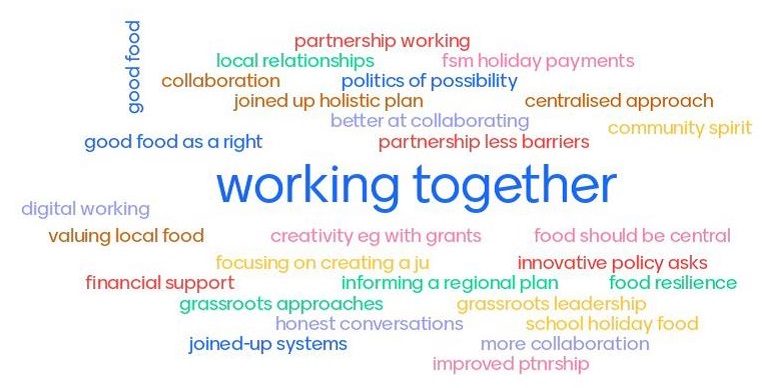 Feedback capture: What should we continue from the food response to Covid-19?
Feedback capture: What should we continue from the food response to Covid-19?
What can we learn from the response so far to food vulnerability during Covid-19?
Food Power recently brought together over 100 people from food poverty alliances, food partnerships and other local networks from all over the UK. Attendees had a range of experiences, including providing food and/or financial support, helping to coordinate their local area’s response to the pandemic and personal experience of food insecurity in their family or community.
Responses to food vulnerability during Covid-19 have been highly variable - both between different areas and within areas themselves. People and organisations working together has been vital, in some cases overcoming previous barriers or forging new partnerships. But in other areas there was a lack of communication and coordination at a governmental and/or local level.
‘Groups and organisations coming together and working together in ways they never have before.’
‘Uncoordinated chaos and the most needy have been missed.’
Covid-19 has shone light on the vulnerabilities within our food system and the number of people experiencing or at risk of food poverty. Attendees were already concerned about the increasing number of people falling into, or at risk of, food poverty during the pandemic and beyond.
‘It has shone a light on how fragile our food system is to those who were unwilling to see it before.’
‘Need to make sure anything provided by volunteers and furloughed staff isn’t seen as resolved – as soon as people go back to work, mutual aid won’t be able to handle demand, can’t be an excuse to remove government support – mutual aid shouldn’t be providing all this.’
For many attendees there were a range of concerns about the nature of the response to food insecurity. People are concerned about a shift away from addressing the root causes of food poverty. Alongside the limited resources, alliances are also challenged when funders support individual projects rather than core costs or ongoing coordination.
‘Too much emphasis on this being a food logistics issue, whereas it is also an issue of food insecurity and income.’
Despite the variability of the response and issues highlighted above, many attendees identified opportunities to improve the response and develop more equitable access to food in the long-term. We need responses that are rooted in food justice, rights and a whole system approach, which involve people experiencing food poverty in decision-making and maximise the dignity of those accessing food aid.
‘The moment where things suddenly seem possible – need to hold onto this broadening of window of what is possible.’
‘Need to re-claim narrative of not institutionalising food aid. Be much louder again about this not being the answer in the long-term.’
‘Participatory decision-making and involving people with lived experience – get input from those who are users of food banks, etc.’
During the gathering attendees also shared their thoughts on some specific areas of the response including financial support and advice, providing food and providing meals. We asked attendees to focus on what they thought should be renewed, stopped or changed from practice from before the pandemic and what should be continued, stopped or changed from the response during the pandemic.
Responses focused on ensuring people have access to financial support and advice as well as wraparound services where needed, not just food. Financial support for people during the pandemic had varied greatly. This has been exemplified by the varied approach to offering alternatives to free school meals – whether meals deliveries, shopping vouchers or cash transfers of some sort. While attendees noted many of the challenges with these alternatives, there are also opportunities to learn for future support for families both during term time and the school holidays. Reflecting on how government protected people’s income during the crisis, many attendees called for fairer support for all through reform of the existing social security system or the introduction of a Universal Basic Income, Minimum Income Standard or similar.
There was a very clear message that food or meals should be nutritious, of a high standard and accessed in a dignified way, whether people are receiving food, vouchers or buying food themselves. Attendees shared multiple ways to maintain standards and dignity; this included ensuring people are still able to make choices remotely, projects sourcing food in a responsible way in line with nutritional standards or ensuring Healthy Start vouchers can be spent in local food assistance projects, as well as local shops and markets.
There are further insights in the summary report of the gathering which we hope will help to shape the next phase of the response to food vulnerability during Covid-19 and its aftermath. We are very grateful to all those who took the time to share their experiences and learning during the gathering. Food Power will continue to support food poverty alliances through the next phase of the pandemic.
Food Power: Food Power is an exciting new programme working with local communities across the UK to strengthen their ability to reduce food poverty.
Sustain
The Green House
244-254 Cambridge Heath Road
London E2 9DA
020 3559 6777
sustain@sustainweb.org
Sustain advocates food and agriculture policies and practices that enhance the health and welfare of people and animals, improve the working and living environment, promote equity and enrich society and culture.
© Sustain 2025
Registered charity (no. 1018643)
Data privacy & cookies
Icons by Icons8
